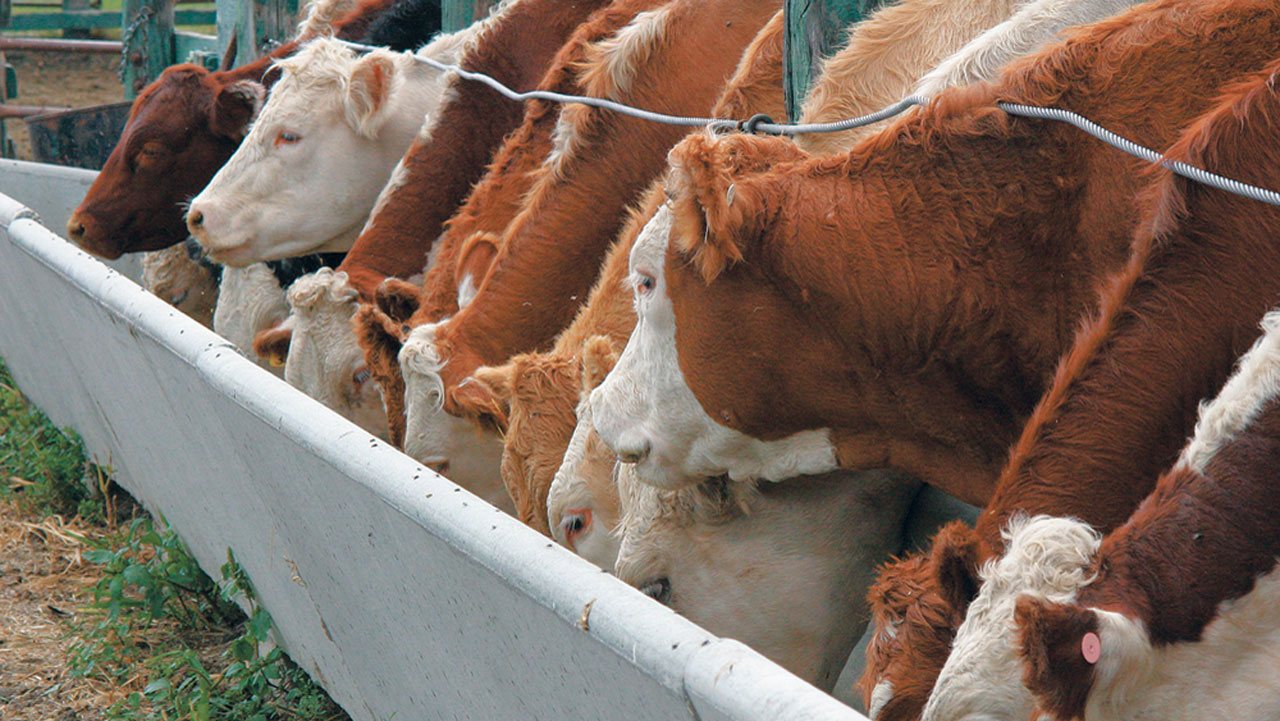
• Suggest more investments in agric R&D, irrigation, others
Scientists have warned that hunger and malnutrition would trigger higher rate of premature mortality around the world, especially in Africa, as climate change, conflicts and other factors threaten food production.
The researchers, however, said effective policies and appropriate actions could help avert the additional burden.
A new study conducted by the International Food Policy Research Institute (IFPRI), the United States Department of Agriculture (USDA’s) Agricultural Research Service (USDA-ARS) and RTI International (RTI) projects that global chronic and hidden hunger would increase the overall years of life lost due to premature mortality and years lived with disability, also known as Disability-Adjusted Life Years (DALYs), globally by over 30 million by 2050 relative to 2010.
Expected impacts of climate change on the availability and access to nutritious food will exacerbate this change in DALYs by almost 10 per cent.
Researchers published the findings in an article in The American Journal of Clinical Nutrition, further indicating that policymakers could counteract at least the impacts of climate change with increased investments in food systems now.
“Investment in agricultural research and development, irrigation systems, market access and infrastructure are essential to counteract the effects of factors that increase DALYs in coming decades,” said Robert Beach, Senior Economist and Fellow at RTI.
“To meet the needs and nutrition requirements for society, it is important for policymakers to invest more broadly in food systems, rather than focusing on the production of calories. Strengthening food systems now, along with health, education and employment opportunities can reduce the effects of climate change and population growth on global hunger.”
Reaching the UN Sustainable Development Goal of “Zero Hunger” by 2030 is feared threatened as climate change intensifies and population growth outpaces food production.
“Improvements in food systems can significantly decrease hunger, but our projections show that population growth will outpace those improvements at current investment levels, especially in Africa south of the Sahara,” Timothy Sulser, Senior Scientist at IFPRI.
“Climate change exacerbates the pressures on food systems to deliver healthy diets to everyone, but investing in food systems can reduce the years lost that we project, particularly in South and East Asia.”
A grain breeder and Vice Chancellor of Al-Qalam University, Katsina, Prof. Shehu Garki Ado, affirmed that hunger would induce high mortality in vulnerable people, especially children and old people.
He added that “Food is a basic necessity for survival. If hunger strikes, growth will be stunted in children while adults will be emaciated and unable to continue to live. Wherever hunger strikes, the people have to migrate to where they think they can get food to continue to survive. As the rate of population is growing faster than the rate of food, there is bound to be hunger in the land.”
Prof. Ado said the quantum of food production depends on genetic makeups, environment and genotype by environment interactions.
“Climate, with its various elements such as rainfall, temperature, insulation, day length and relative humidity, affects the environment significantly. Climate change is changing the environment rapidly thereby affecting agriculture.
“In cold countries, global warming brings about rapid melting of glaciers, while the relatively high temperatures, it affects the living things in the ecology. Some creatures could not reproduce normally as the increased environmental warming is capable of destroying their ability to reproduce,” he explained.
He also recommended intensive crop and livestock production and use of irrigation as necessary instruments to avert food catastrophe.
Rapid growing crop varieties and livestock breeds should be developed with high yields, he added, and extra early crop varieties and varieties with high water use efficiency are needed to reduce the impacts of dwindling rainfalls caused by climate change.
“In tropical environments, shorter rainfall period occurs intermittently, resulting in desertification and hence less arable land for food production and less grassland for grazing livestock. Such a situation results in lack of food and hunger.
“As a result, domestic and wild animals will be lost and even humans will ultimately die of hunger. So, it is obvious that new ways must be sourced for agriculture to increase in a rapid way to avoid the catastrophe of hunger in the world,” he recommended.






